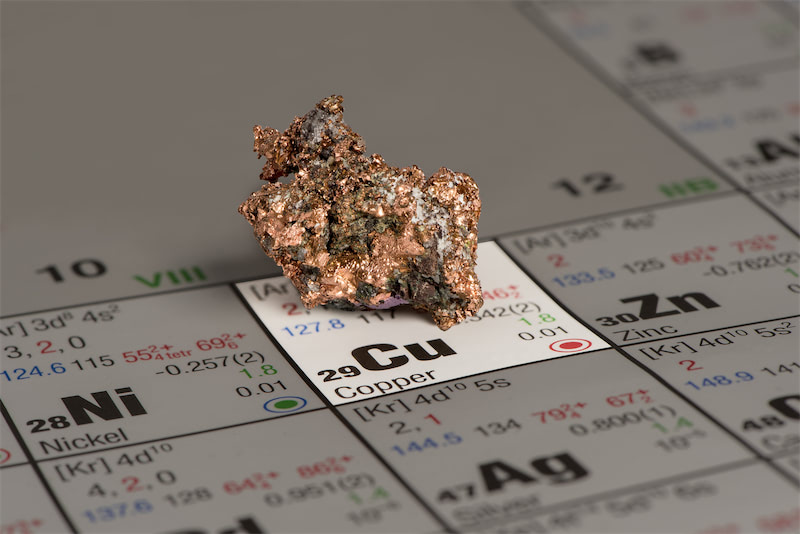1. Supply Side Expansion Is Significant
In 2026, the concentrated release of new capacity in Indonesia will continue to be the core driver of supply growth. For MHP, new projects are expected to commence operations, with Indonesia's MHP capacity projected to reach 850 kt in metal content, up over 85% YoY. Full-year production in Indonesia is expected to approach 680 kt in metal content, up over 45% YoY. The supplementary role of high-grade nickel matte will become more pronounced in 2026.
2. Demand Side Lacks Growth Momentum
Demand shows structural divergence, with limited overall growth. In the new energy sector, the NEV purchase tax shifts from exemption to a 50% reduction in 2026. Driven by policy, passenger NEV sales growth is expected to slow. Coupled with LFP gaining market share from ternary cathodes, China's ternary cathode material production is projected at 760 kt, down slightly YoY. For refined nickel, new project ramp-ups and capacity releases will drive production increases, with output expected to reach approximately 1.15 million mt, up about 9.5% YoY.
3. Clear Cost Support
The release of Indonesia's RKAB quotas and key auxiliary material sulfur will drive up the cost of nickel intermediate products. In 2026, the cost of MHP (after cobalt credit) is projected at about $11,000/mt (metal content), up about 3% YoY, while high-grade nickel matte cost is estimated at approximately $13,800/mt (metal content), up about 7% YoY. On the nickel ore side, the Indonesian government will control ore prices and adopt a cautious approach to RKAB quota releases and related policies based on market supply and demand, directly pushing up nickel ore costs. For sulfur, capacity releases from Indonesian MHP projects will increase smelter demand, driving sulfur prices higher YoY.
4. Summary
In 2026, the nickel intermediate product market will face a situation where demand growth lags behind supply growth. Additionally, the proportion of MHP directed toward refined nickel production is expected to increase. The approval progress of Indonesia's RKAB policy remains a key variable, with attention on intermediate product costs and the release of downstream capacity.
![[SMM Analysis] Influenced by macro sentiment, MHP and high-grade nickel matte prices declined this week.](https://imgqn.smm.cn/usercenter/CWsEw20251217171732.jpeg)

